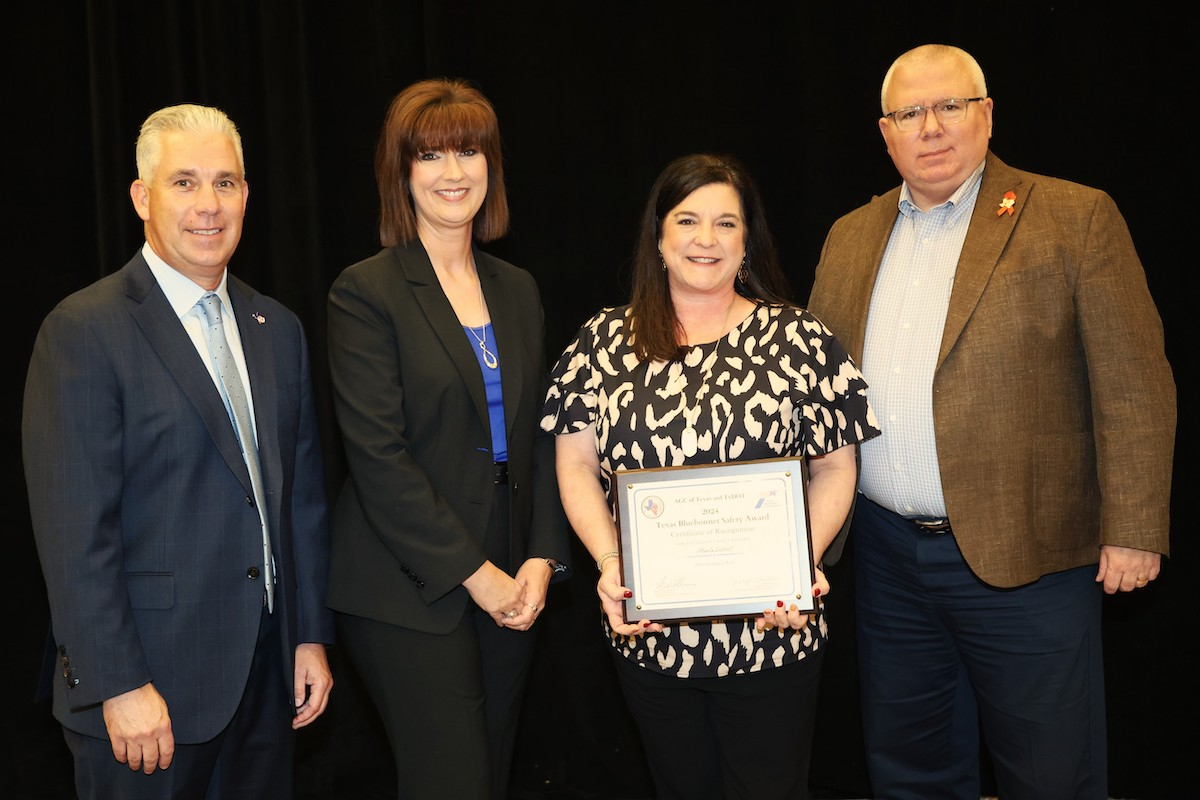Last month, I discussed the dangers of failing to establish a buy-sell arrangement. A buy-sell agreement or provision typically addresses terms on which one owner can sell her interest to the other owners, setting forth the methods of calculating the purchase price and of establishing the terms of sale. A properly drafted buy-sell agreement allows the ownership and management of the business to continue without having a departing owner’s successor forced on the remaining owners and can often avoid the business being pulled into unrelated court actions – be it divorce actions, bankruptcy proceedings, or otherwise. It also fairly compensates the departing owner for her interest in the business while still meeting the liquidity needs of the company.
So, you’ve taken the steps outlined in my prior articles and your business is well on its way to running along smoothly. You’ve even established a buy-sell arrangement in the event you and your partners decide to go your separate ways, or in the event of a divorce, disability, or death of a partner. Congratulations. But what happens if the buy-sell arrangement is triggered and the remaining partners don’t have enough money to actually fund the purchase? This article will discuss how to avoid the devastating consequences of failing to properly fund a buy-sell arrangement.
Read on for an illustration of how easily mistakes can arise, how fatal they can be for even the most successful business, and how to avoid them entirely with dedicated planning.
Ralph, George, and Michelle each owned one-third of their consulting business. Each of them had come to the business with a history of company ownership, and they knew when they first founded the consulting business that they needed a buy-sell agreement to ensure the orderly transition of the business should any of them want out in the future. The company attorney helped them draft a mutually acceptable buy-sell agreement when they formed the company and each owner also purchased a $500,000 life insurance policy specifically to fund the buy-sell in the event one of them died unexpectedly. In the event any one of them passed away, the business would receive the life insurance proceeds and the business would use those proceeds to purchase the deceased owner’s shares of the company from that owners’ estate.

| Your local Liebherr Construction Eq dealer |
|---|
| Nueces Power Equipment |
Over the next few years, the company grew consistently. Each of the three owners developed a reputation for excellence in their respective niches and the company hired additional consultants to add knowledge and depth to the company’s expertise. Within 10 years, the company had 22 consultants and 17 support staff members. Revenue and profitability were only on the rise.
Ralph knew the buy-sell agreement had to be updated to account for the growth of the company, but like everything that wasn’t immediately pressing, updating the company docs got pushed to the backburner. George and Michelle were only five years away from retiring, so Ralph didn’t worry too much about the needed changes.
When George was unexpectedly killed in a biking accident, Ralph and Michelle were devastated. He was not only their business partner, but a close and valued friend. It was difficult to think of the firm going on without George.
Per the terms of the buy-sell arrangement, a business appraisal was performed that set the value of the company at nearly $9 million, substantially more than the three owners had dreamed possible when they formed the firm. The investment portion of George’s life insurance policy had grown, but it was still nearly $2 million short of the amount that Ralph and Michelle needed to buy out George’s widow, Estelle.
The buy-sell arrangement was silent as to how to account for the shortfall in funding. The company didn’t have enough cash on hand to make up the difference and the buy-sell required the company buy George’s shares back within 90 days of his death. Ralph and Michelle feared that they would have to liquidate substantial assets of the company to meet their obligations to Estelle.

| Your local Yanmar dealer |
|---|
| CLM Equipment Co |
| WPI |
The solution to this problem is three-fold:
First, when drafting a buy-sell arrangement, contemplate as many scenarios as possible surrounding how an owner’s shares might need to be purchased by the other owners or the company. Disability, divorce, and death are the big three to consider (with bankruptcy or a creditor action against a partner being another potential concern). In any of those eventualities, how will the remaining owners or the business actually lay out the necessary money to purchase the transferring owner’s shares?
Second, build in some contingencies when detailing the process for actually purchasing the outgoing owner’s shares once they’re valued. Whether it’s an informal agreement on value or a formal third-party valuation, make sure the agreement spells out how the shares will be paid for and over what timeframe. Is paying a lump sum by a date certain appropriate? Is it even doable? Will the remaining owners or the business have enough cash on hand to fund such a purchase when the time comes? Will life insurance proceeds, a loan, or liquidation of specific company assets provide the available cash for such a purchase? Consider building in a payment term for the purchase of an outgoing partner’s shares – including, for instance, an amortization schedule or a promissory note with a multi-year payout – to limit the immediate outlay of substantial funds.
Third, and possibly the hardest one to prioritize, is to review your buy-sell agreement regularly with your legal counsel – at least every two to three years – to ensure that it still meets your company’s ongoing needs. Part of that review includes determining whether the buy-sell agreement is still adequately funded and whether it properly accounts for organic changes in the business structure that may happen over time.
Like in the example above, if a buy-sell agreement is not adequately funded or doesn’t take into account the timeframes for purchasing an outgoing partner’s shares, an untimely death may force the survivors to sell business assets to pay off the estate of the deceased owner. But this isn’t simply applicable to the death of an owner. A divorce, or even simply a partner’s decision to leave the business, may trigger a buy-sell arrangement and suddenly force the remaining owners to come up with sufficient liquidity to purchase shares. A properly drafted buy-sell agreement must take into account and spell out the use of funding sources for such a purchase.

| Your local Hitachi dealer |
|---|
| Bane Machinery |
In my last article of the series, I’ll address the fatal mistake of a business owner failing to create and regularly update an estate plan.
Erik G. Moskowitz specializes in civil trial law, including employment law, business law, and commercial litigation. He is well versed in corporate governance issues and assists and advises C-suite executives and managing directors on all manner of internal corporate policy. Moskowitz is also skilled at advising founders at start-up stage and positioning new businesses for growth while ensuring they’re insulated from risk. This article series was adapted from an e-book by Scott Gibson, Arizona, 2009.



































































